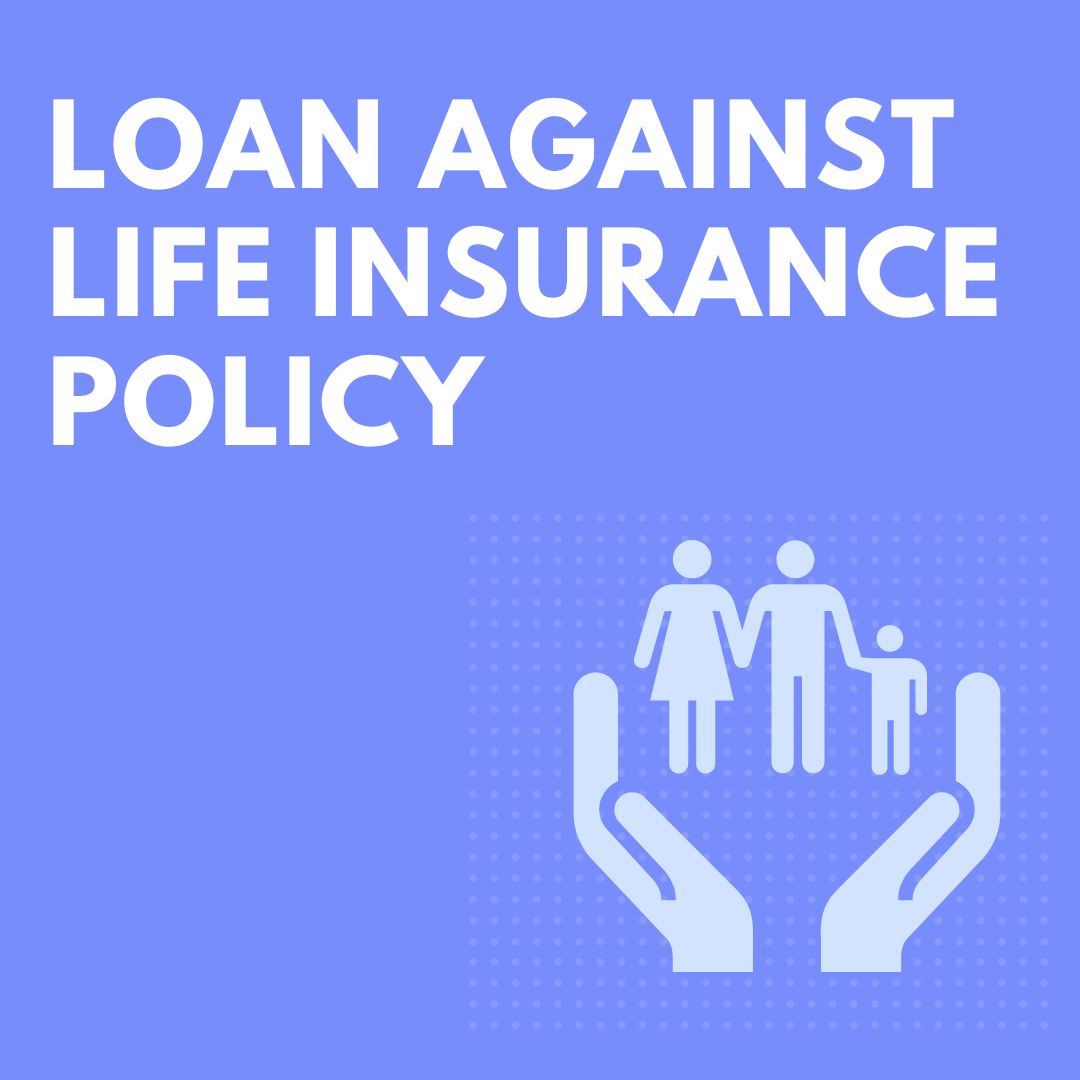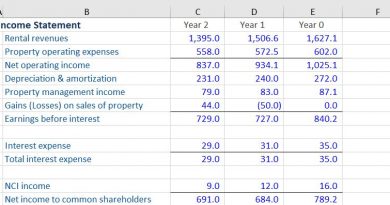Loan on a Life Insurance Policy

Loan on a Life Insurance Policy
A policy loan, issued by an insurance company, uses the cash value of a life insurance policy as collateral. Also called a "life insurance loan," it often has lower interest rates than a personal loan and you can use the money for any purpose. You don’t need to repay this loan before you die. But there are also downsides to consider.
Key Takeaways:
– Policy loans provide funds using your policy’s cash value as collateral.
– You must have accumulated cash value in a permanent life insurance policy to get a policy loan.
– Options for repaying your loan include paying only the annual interest or making periodic payments.
– You don’t need to pay back a policy loan before you die, but a loan balance will reduce the death benefit.
How a Policy Loan Works:
A policy loan allows you to access the cash value of a life insurance policy using it as collateral. You can usually borrow a percentage of the cash value and use the money as you’d like. You won’t need to repay the loan before you die, but the death benefit will be reduced if you don’t repay the loan with interest.
You can accumulate cash value with permanent life insurance, coverage that can last your entire life. A cash value component isn’t available with term life insurance, which only covers a specific time period.
As cash value builds in a permanent life insurance policy, you can borrow the funds without taxation, as long as you keep your policy in force. If you cancel the policy or it lapses, the outstanding loan counts as a withdrawal. You would then owe income tax on any cash value received beyond what you paid in premiums. You get your premium payments back tax-free.
Funds for a loan from a permanent life insurance policy are available according to the insurer’s terms, such as after 10 years.
With a policy loan, you’re using the cash value as collateral on a loan that can accumulate interest.
Pros and Cons of a Policy Loan:
Getting a policy loan is usually quick and easy. Since you’re borrowing against your own assets, you don’t have to go through an approval process. You can use the funds in any way you wish.
Another advantage of a policy loan is that the funds aren’t taxable as long as your policy is in force.
Policy loans don’t have a repayment schedule or date. In fact, you don’t have to pay it back at all. However, if the loan isn’t paid before death, the insurance company will reduce the face amount of the insurance policy by the remaining balance when the death benefit is paid.
Payback options include periodic payments of principal with annual interest payments, paying annual interest only, or deducting interest from the cash value.
If a policy loan isn’t repaid, interest can reduce the death benefit, putting the policy at risk of not providing any money to beneficiaries. Consider making at least the interest payments so the policy loan doesn’t exceed your cash value.
If added interest increases the loan value beyond the cash value of your insurance, your policy could be terminated by the insurance company. In this case, the outstanding loan balance can be considered taxable income by the IRS, and the bill could be significant. You owe income tax on any amount you receive in cash value over what you paid in premiums.
How Much Can You Borrow From an Insurance Policy?
The amount you can borrow is set by your insurer, generally up to a certain percentage of your policy’s cash value, such as 90%.
What Are the Downsides of a Policy Loan?
If a policy loan isn’t repaid, unpaid principal and interest can reduce the death benefit, putting the policy at risk of not providing sufficient or any money to beneficiaries.
What Are a Few Benefits of a Policy Loan?
Policy loans offer easy access to cash for those with permanent life insurance policies. Borrowers don’t have to go through the usual approval process because they are borrowing against their own assets. The funds can be used for any purpose, and they aren’t taxable as long as the policy stays in force. Borrowers don’t have a repayment schedule or date.
The Bottom Line:
A policy loan can be a useful tool for financing major expenses, but there are downsides to consider as well. If you’re thinking about taking out a policy loan, consult with a financial advisor to understand how it fits into your long-term financial plan.



